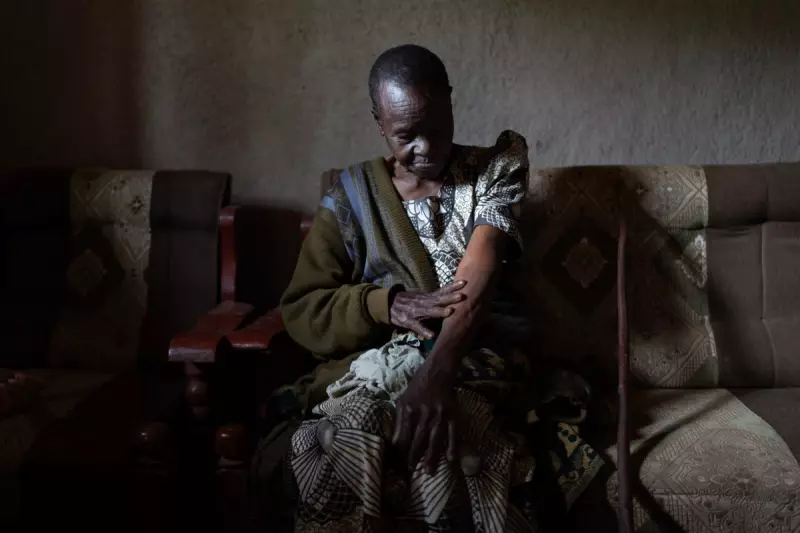
Families across Uganda are facing a hidden healthcare catastrophe as dementia cases surge without adequate government support or medical infrastructure, according to a groundbreaking investigation.
In a country where traditional family structures have long provided care for the elderly, rising life expectancy and changing social dynamics are creating a perfect storm for caregivers struggling with limited resources and overwhelming medical needs.
The Invisible Epidemic
Medical experts report alarming increases in dementia-related conditions, particularly Alzheimer's disease, with diagnostic facilities and specialist care virtually non-existent outside major urban centres. Many families face the heart-breaking reality of watching loved ones deteriorate without access to basic medications or professional support.
Family Caregivers Under Pressure
"We're completely alone in this battle," explains one Kampala-based daughter caring for her elderly mother. "There are no support groups, no respite care, and most doctors don't even recognise the symptoms. We're fighting this war on two fronts - against the disease and against a system that doesn't acknowledge our struggle."
Parallel Challenges for UK's NHS
While focusing on Uganda's crisis, the investigation highlights concerning parallels with the UK's own geriatric care challenges. Britain's National Health Service continues to face mounting pressure on dementia services, with waiting times for diagnosis and treatment increasing despite government promises of improved elderly care.
Cultural Stigma Compounds Crisis
In both Ugandan and UK communities, cultural misconceptions about mental health conditions create additional barriers to care. Many families report hiding diagnoses due to fear of social exclusion or beliefs that cognitive decline represents spiritual punishment rather than medical conditions requiring treatment.
Call for International Action
Healthcare advocates are urging international cooperation to address what they describe as a "global tidal wave" of age-related cognitive conditions. They emphasise that developed and developing nations must share resources, research and strategies to prevent healthcare systems from being overwhelmed by demographic changes.
As populations age worldwide, the silent crisis of dementia care represents one of the most significant public health challenges of our generation - demanding urgent attention from policymakers and healthcare providers across international boundaries.





